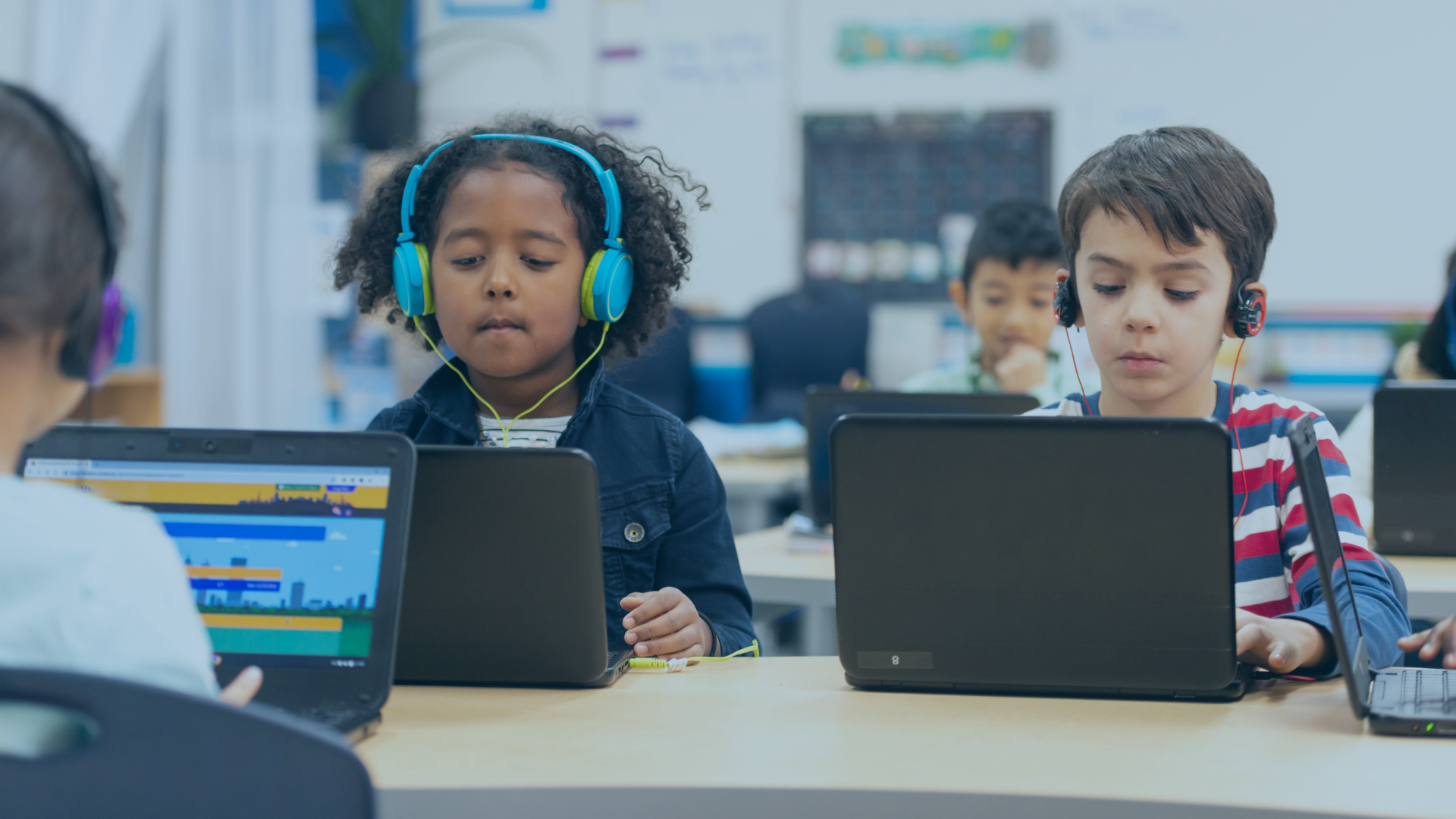Recommended Resources
The Children's Online Privacy Protection Act (COPPA)
April 2024
Jessica Arciniega, Katherine Kalpos, Morgan Sexton, and Amelia Vance
CC BY-NC 4.0
Introduction
It’s time to revisit your COPPA knowledge! In January, the Federal Trade Commission (FTC) published a notice of proposed rulemaking (NPRM) to update the COPPA Rule that would mean big changes for companies and schools, codifying some of the changes stakeholders have been advocating for. To equip you with the necessary tools to decode and navigate potential changes in the NPRM, we've handpicked our top 5 resources on COPPA and how it applies to schools. These materials offer a foundational understanding of COPPA as it stands today and insight into how the NPRM may change things. Whether you're a seasoned privacy advocate or new to the scene, be sure to check out these great resources to stay on top of your COPPA game.

1. Overall Resource
When it comes to grasping COPPA’s complexities, this article from EdWeek, COPPA and Schools: The (Other) Federal Student Privacy Law, Explained, is our number one resource for clarity and depth. Designed with busy educators in mind, it offers a comprehensive walkthrough of the current state of COPPA as it applies to schools. What sets this article apart is not only its wide coverage of the COPPA essentials and thorough explanations of what it means for schools, but also its conversational tone that breaks down legal jargon into easy-to-digest information. Whether you're brushing up on your COPPA knowledge or diving in for the first time, be sure to start with this article.


2. COPPA Q&A
For details how COPPA operates in different scenarios, the FTC maintains a Complying with COPPA: Frequently Asked Questions webpage. Whether you're pondering enforcement intricacies, curious about consent protocols, or trying to pinpoint how geolocation data fits into the COPPA framework—this resource is your one-stop-shop for Q&A directly with the regulators themselves. The webpage organizes questions and their answers by a variety of topics (check out section N for details on how schools can consent under COPPA). Long story short, if you have specific COPPA questions, check to see if they’ve already been answered here.
3. School Consent
One of the hot COPPA topics right now relates to schools’ ability to consent to edtech used in the classroom. Our recent publication, Parental Consent is Not a Panacea: A Privacy Protective Path to Using Technology in Schools, explores the substantial challenges schools would face if tasked with obtaining parental consent for technology uses. Current COPPA guidance enables schools to consent in the educational context so that all students can access online educational resources at school. The NPRM seeks to codify this ability. This resource is a must-read for context about why it is so critical for schools to retain the ability to consent going forward.


4. Raising the Age
COPPA currently protects data from children under 13, but legislative proposals to extend COPPA protections to teens may be total game changers. For example, the Children and Teens' Online Privacy Protection Act (COPPA 2.0) would expand COPPA protections to teens under 17. For information about why expanding COPPA protections to older teens may cause significant implementation issues, we recommend this policy brief, Protecting Children Online: Evaluating Possible Reforms in the Law and the Application of COPPA. It is important to keep in mind that any changes to COPPA–including those proposed in the NPRM–may be extended through legislation like COPPA 2.0 to also apply to teens.
5. The NPRM
With this baseline understanding of COPPA, we encourage you to read our write-up, Tis the Season for Rulemaking: FTC Announces New COPPA NPRM, for a quick primer on how the NPRM may change the COPPA landscape. This post highlights some of the bigger proposed changes, especially those related to schools being able to consent in educational contexts. Other notable parts of the NPRM include statements that operators can’t use the information they collected from one educational service to develop or improve a different service (something vendors have assumed they've been able to do under current law) and the FTC declining to change or broaden COPPA’s “actual knowledge” standard to “constructive knowledge.” You can read our full comments on the NPRM submitted by AASA, the School Superintendents Association here.

As always, feel free to reach out to us with your questions about COPPA. We are happy to be a resource for your student and child privacy related questions!
